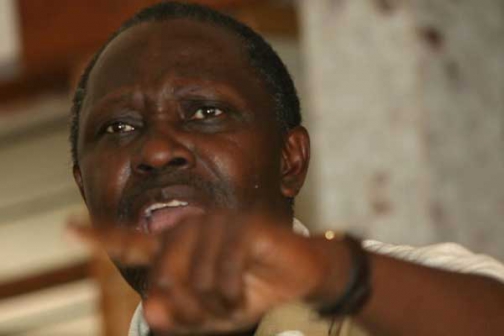×
The Standard e-Paper
Fearless, Trusted News

Striking doctors and lecturers’ salaries, emergency funding for drought and allocations for the August polls will push up recurrent spending in the current budget.
The supplementary budget tabled in Parliament yesterday adds Sh6.9 billion to mitigate against the biting drought effects and besides offering Sh4.8 billion each to address wage demands by striking doctors and lecturers.